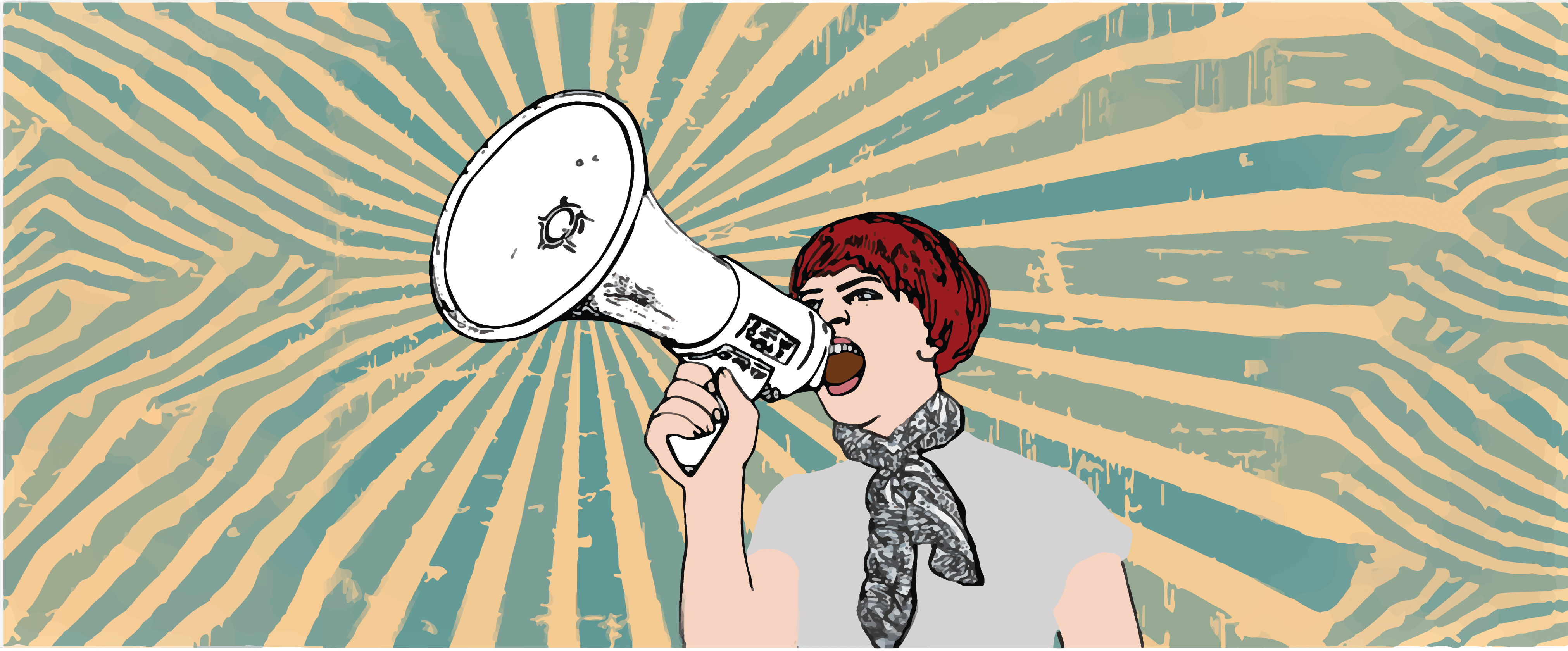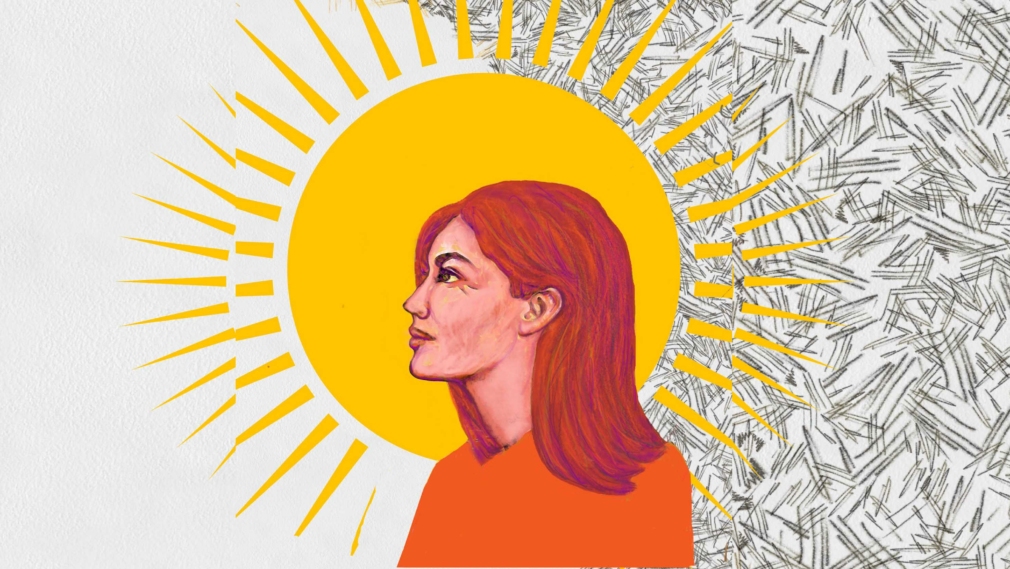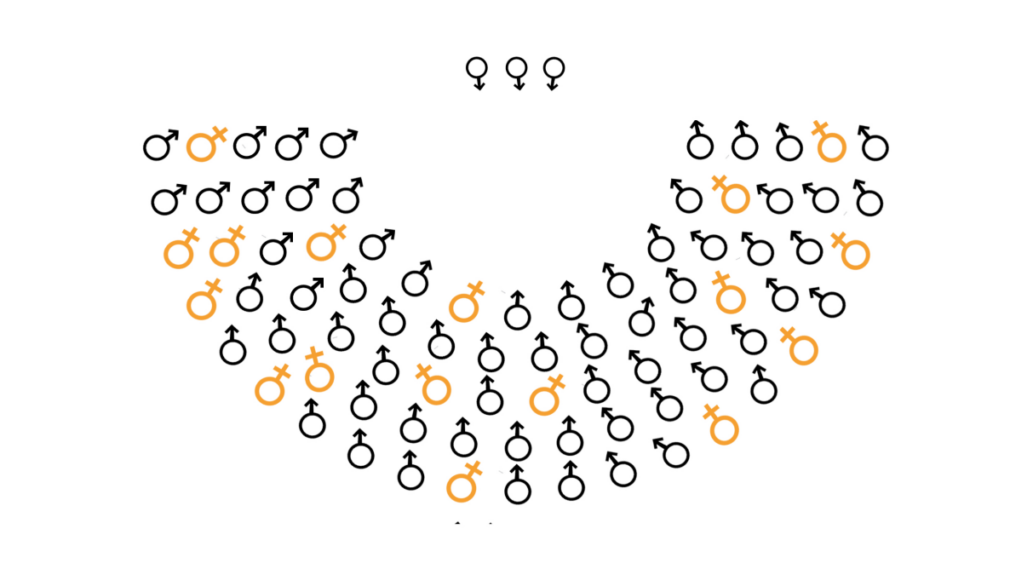1220Views 0Comments

Gender analysis of electorial lists’ programs
PRESS RELEASE: GENDER ANALYSIS OF PROGRAMS OF ELECTORAL LISTS
LONG JOURNEY TO EUROPE: PROGRAMS OF THE ELECTORAL LISTS PAY LIP SERVICE AND ARE DISCOURAGING
Judging by the election programs of political parties participating in early elections in 2023 in Montenegro, only heterosexual men live in Montenegro. Therefore, we can assume what future policies will look like, on whose behalf and for whom they will be adopted. Without the use of gender-disaggregated data, with rare measures concerning the empowerment of women, LGBTI, persons with disabilities, Roma and other marginalized groups, the programs of most political parties seem discouraging, pay lip service and do not contribute to Montenegro’s European path. Women’s participation in executive power is low, and is not expected to exceed 25 percent of the parliamentary seats in the initial convocation of the new Parliament, based on the analysis of electoral lists and positioning of women in them. Furthermore, the problems of women – the majority of the population in Montenegro – remain mostly invisible in the programs we analyzed. Chapters of the programs focusing on poverty, discrimination, education, culture, science, sports, media, urban planning, transport, agriculture, green economies, finance, and tourism take into account only one – men’s – perspective. Political parties failed to use the available data that would have allowed them to tailor the programs responding to the needs of the entire population.
The analysis conducted by the Women’s Rights Centre (WRC) and Spektra in Montenegro shows that out of 11 electoral programs, only one (1) barely applied gender analysis, which leads us to wonder for whom the parties create policies, if they are not informed by the specific needs of women, especially those who belong to vulnerable groups. Gender equality is MINIMALLY included in electoral programs, and two programs do not address this topic at all. Gender equality is almost exclusively recognized through the prism of gender-based violence, and even that is not appropriately addressed. Only one (1) election program equally addresses men and women and gender-sensitive language is consistently used in it.
Targeted measures to achieve gender equality support stereotypical patriarchal gender roles, and are predominantly included in social policies. They are minimally present in the areas of the rule of law and human rights, economic policies (through the development of women entrepreneurship) and only occasionally in the sectors of culture, health and sports. Only one program directly addresses the topic of LGBTI, PWD and Roma, Ashkali and Egyptian rights in the chapter on social justice. Seven of the 11 analyzed programs mention the rights of the LGBTI, PWD and Roma, Ashkali and Egyptian community with only one sentence, in general terms, without noting specific measures. Furthermore, not a single program recognizes the priorities of these marginalized communities nor women from these communities. It indicates that political parties treat the needs of women from these communities as LAST AMONG EQUAL since these women face discrimination based on multiple grounds.
In the analysis of the programs, narratives that (mis)use the understanding of tradition are evident. They treat the family in a discriminatory, exclusionary and heteronormative way, or clearly link traditional values with the nation and the state. Therefore, it can be stated that this is more about regressive politics, rather than preservation of heritage, especially considering the tradition of fighting for social justice in our region.
The analysis shows a worrying lack of awareness, or courage, to put gender equality issues in the focus of electoral programs. This is another missed opportunity for the needs of women and vulnerable groups to be recognized by those who should represent them.
It should be noted that four political parties/coalitions did not submit their programs to WRC and Spektra for analysis at all. It indicates that the impression that the responsibility of political parties towards women and vulnerable groups is at an extremely low level, and therefore Montenegro has a long way to go before it becomes a society in which everyone has the right to a dignified life.
Women’s Rights Centre and Spektra will continue to monitor gender equality in the electoral process and inform citizens, especially those from vulnerable groups, about the way in which political parties represent their needs.
Women’s Rights Center has been working on empowering women in Montenegro for 10 years, through a program of support services, public advocacy and culture, and by increasing the availability of specialized services for victims of gender-based violence and discrimination.
Association Spektra is a feminist non-governmental organization, led by transgender and gender-variant people, which has been for the last six years contributing to the strengthening of gender equality, respect for human rights and democratic values through an intersectional approach.
This monitoring effort is implemented with financial and technical assistance from the National Democratic Institute (NDI). Monitoring findings belong to Women’s Rights Center and Spektra and may not reflect the official positions of NDI, its donors or the US government.


